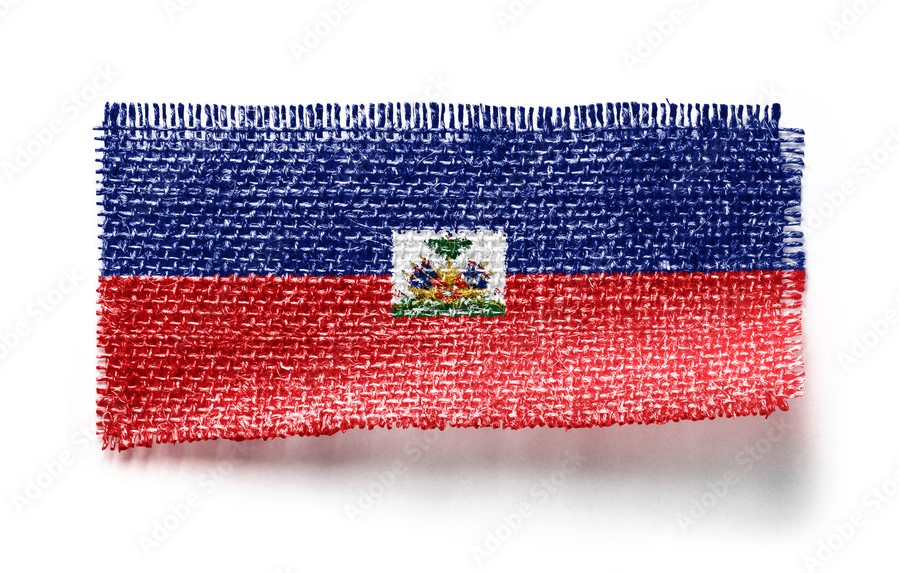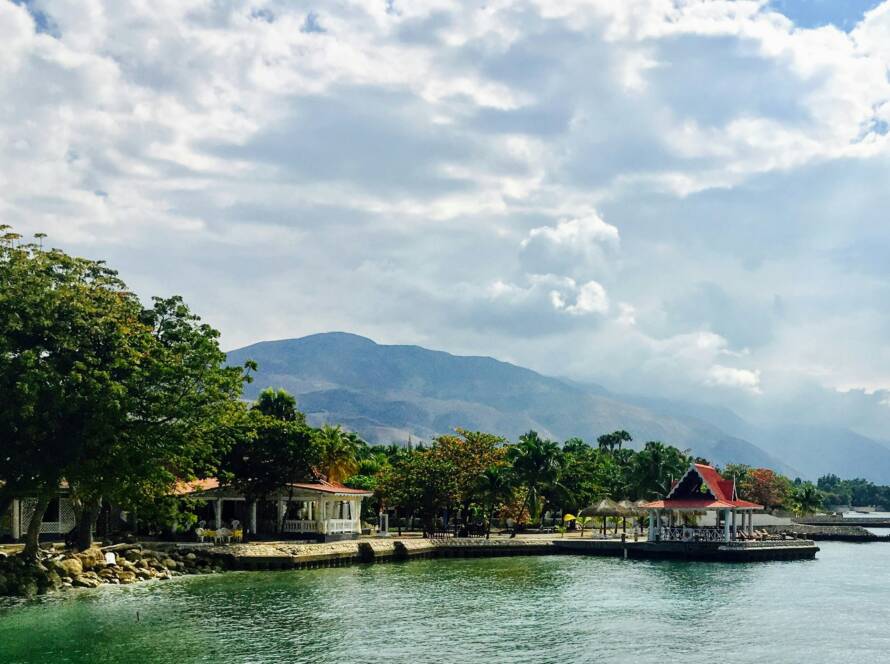The images were stark and unforgettable: thousands of Haitian men, women, and children huddled under a bridge in Del Rio, Texas, seeking refuge in the United States. The subsequent response—mass deportations on an unprecedented scale—ignited a firestorm of criticism, placing U.S. immigration policies, particularly those enforced by Immigration and Customs Enforcement (ICE), under intense international scrutiny. For Haitian immigrants, the pursuit of safety has become a grueling ordeal where American laws and international human rights principles appear to be in direct conflict. This article explores the multifaceted impact of ICE policies on Haitian immigrants, analyzing the legal frameworks, the human cost, and the ongoing debate over America’s commitment to its humanitarian obligations.
A History of Crisis: Why Haitians Flee
To understand the present, we must look to Haiti’s recent past. The nation has been battered by a relentless series of crises:
The 2010 Earthquake: A catastrophic event that killed over 200,000 people and displaced millions, shattering the country’s infrastructure.
Political Instability: Decades of political turmoil culminated in the 2021 assassination of President Jovenel Moïse, plunging the country into chaos and empowering violent gangs.
Natural Disasters: Subsequent hurricanes, floods, and earthquakes have compounded the misery, making recovery nearly impossible.
Economic Collapse: Rampant gang violence has crippled the economy, leading to widespread food and fuel shortages and a near-total breakdown of public services.
Faced with these dire circumstances, many Haitians have been forced to undertake perilous journeys through South and Central America to reach the U.S. border, not as economic migrants, but as desperate asylum seekers fleeing for their lives.
The Policy Gauntlet: Barriers to Safety and Due Process
Upon arrival, Haitian immigrants are confronted with a complex and often unforgiving U.S. immigration system. Several key policies have had a particularly devastating effect.
Public Health as an Immigration Barrier
Perhaps no single policy has been more consequential than Title 42. Implemented in March 2020 under the guise of public health during the COVID-19 pandemic, this obscure public health statute allowed U.S. authorities to rapidly expel migrants and asylum seekers without affording them a hearing.
Denial of Asylum Rights: Title 42 effectively suspended U.S. and international law, which guarantees individuals the right to seek asylum. Haitians arriving at the border were often expelled within hours, with no opportunity to explain why they feared returning to Haiti.
Disproportionate Impact: Human rights organizations have extensively documented how Title 42 was disproportionately applied to Black migrants, particularly Haitians. While some nationalities were granted exemptions, Haitians were subjected to mass expulsion flights directly back to Port-au-Prince. Though Title 42 officially ended in May 2023, its legacy continues. It created a precedent for mass expulsions and fostered an enforcement-first approach that prioritizes border control over humanitarian protection.
Mass Deportations and the Violation of Non-Refoulement
The principle of non-refoulement is a cornerstone of international refugee law. It forbids a country from returning an asylum seeker to a nation where they are likely to face persecution, torture, or other serious harm. The mass deportation of thousands of Haitians back to a country controlled by violent gangs and facing a humanitarian catastrophe is seen by many legal experts as a clear violation of this principle. Deportees arrive with nothing, often becoming targets for kidnapping and violence, thrust back into the very danger they fled. ICE’s continued operation of these deportation flights has been condemned by the United Nations and numerous human rights groups as both cruel and unlawful.
Challenges in Detention and Access to Counsel
For Haitians who are not immediately expelled, the journey often leads to an ICE detention center. Inside, they face a new set of challenges:
Language Barriers: Access to Creole interpreters is often limited, making it difficult for individuals to understand their legal situation or communicate with ICE officers.
Lack of Legal Representation: Asylum law is notoriously complex. Without legal counsel, the odds of winning an asylum case are incredibly low. Most detainees cannot afford a lawyer and must navigate the system alone.
Traumatic Conditions: Reports from detention centers frequently cite inadequate medical care, psychological distress, and a sense of hopelessness, which is especially damaging for those who have already endured traumatic journeys.
The Question of Racial Bias
The stark contrast between the treatment of Haitian migrants and the welcome extended to other groups, such as Ukrainians fleeing war, has led to serious accusations of racial bias within the U.S. immigration system. Advocates point to the images of Border Patrol agents on horseback aggressively confronting Black migrants in Del Rio as symbolic of a long history of discriminatory immigration practices.
Critics argue that a system that expels Black asylum seekers back to a collapsing state while creating streamlined parole programs for others is inherently inequitable and undermines America’s claim to be a beacon of hope for all.
The Path Forward: A Call for Humane Policy
Addressing the human rights crisis facing Haitian immigrants requires a fundamental shift in U.S. policy. Advocacy groups and international bodies are calling for several key changes:
Halt Deportations to Haiti: An immediate moratorium on all deportations to Haiti until the country is safe and stable.
Expand Legal Pathways: Utilize tools like Temporary Protected Status (TPS) and humanitarian parole to allow Haitians to live and work legally in the U.S. while their home country is in turmoil.
Uphold Asylum Law: Ensure every individual who arrives at the U.S. border has a meaningful opportunity to present their asylum claim, as required by law.
Invest in Due Process: Increase funding for legal representation, translators, and humane, community-based alternatives to detention.
The treatment of Haitian immigrants by ICE and the broader U.S. immigration apparatus is more than a policy debate; it is a trial of America’s core values. The right to seek safety from persecution is a universal human right. When policies like Title 42 and practices like mass deportations systematically deny this right to a specific group of people fleeing unimaginable hardship, it erodes the moral and legal foundation of the entire system. The ongoing struggle of Haitian asylum seekers is a powerful reminder that for human rights to mean anything, they must be applied to everyone, regardless of their country of origin or the color of their skin





